KamikazePotato (real name Brett) and Rafael Kalleen are both established authors in the LitRPG and GameLit space, known for their work individually and collaboratively. KamikazePotato gained early recognition for his series An Outcast in Another World, which featured a classic “weak-to-strong” protagonist navigating a dangerous, corrupt fantasy world with intricate system mechanics. Rafael Kalleen, meanwhile, has written solo projects like Duellist’s Road: No Shortcuts, known for philosophical undertones and morally driven characters who often oppose the rules of the system itself. Their collaboration on Skill Thief—the first book in the Soul Canvas series—combines their strengths into a unique and creative premise.

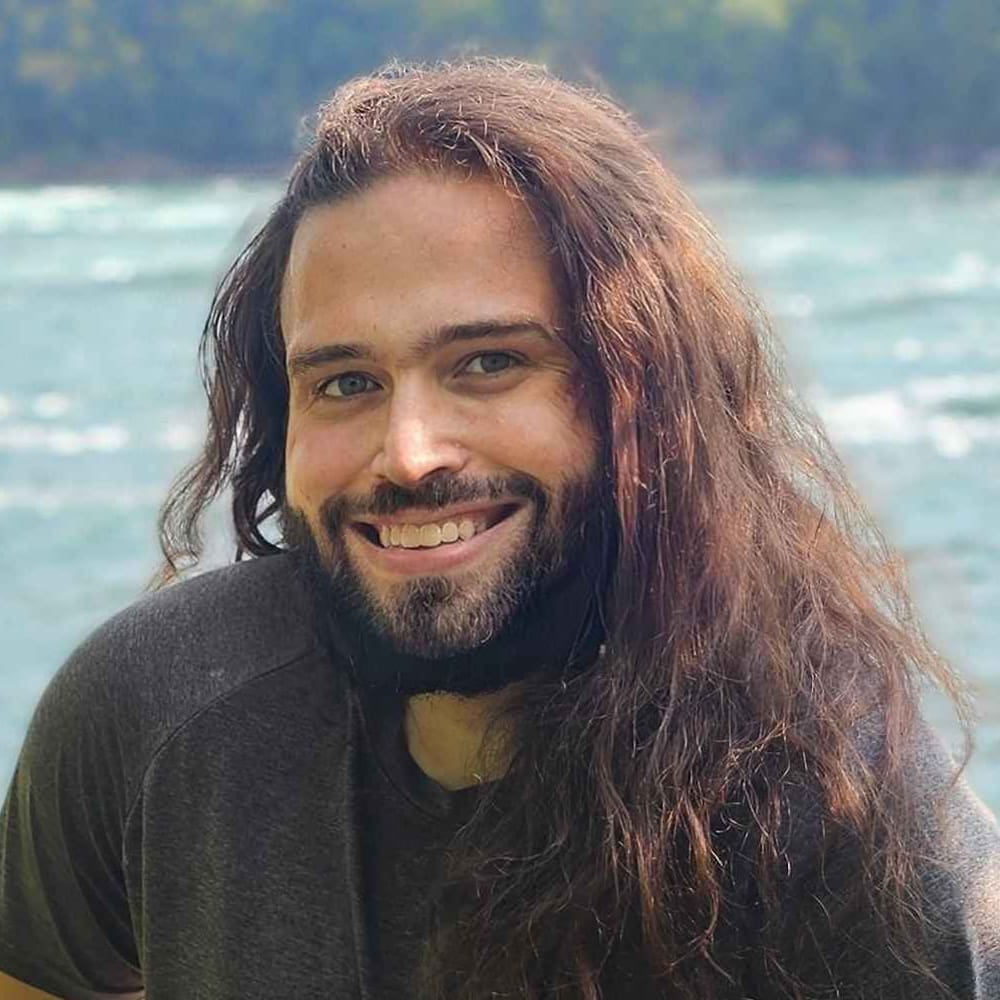
Before we dive into Talent Killer, can you set the stage for us? What kind of world does Adam inhabit, and what were his early challenges like as a penniless newcomer discovering his Talent? How did those experiences shape the story’s tone and his journey in the first book?
KP: The new world Adam inhabits is harsh and uncompromising – it isn’t kind to people without money or power. There’s a lot of people in real life who are struggling right now, so we wanted to write a story that would resonate with them. Adam starting out penniless is what informed many of his decisions, as it naturally brought him into conflict with rulers at the top of the ladder.
RK: Skill Thief’s tone is a fun thing to talk about, because it shifts with Adam’s experiences. Usually we find that stories have characters become more weary and cynical as they go on, so we wanted to go for the opposite of that. At the start, when Adam is at his lowest point, the tone is a bit darker. But throughout Book 1 his outlook on life (and the story’s tone) brightens after he starts making connections with people, even as the challenges he faces get harder.
Adam’s path from a newcomer to the new Lord of Penumbria has been intense. How has his journey evolved in Talent Killer, and which key events or choices from the first book were crucial in shaping the conflicts, stakes, and moral dilemmas he faces now?
KP: Even if maybe it wasn’t Adam’s full intention at the time, he made a commitment when he usurped the Lordship of Penumbria. He isn’t the kind of person who can just seize power and then ignore all the people he could potentially help with his new position.
RK: At first, in Book 1, he was distrustful of…pretty much everything and everyone. However, by the end he succeeds in defeating the Ghost of Waters by remaining steadfast in his belief that his best friend would have his back no matter what. So by the time Book 2 rolls around, we’re seeing a very different Adam who’s learned that despite how harsh the world might be, he can still trust certain people.
Even though his situation doesn’t get any easier, his perspective and approach change significantly in Talent Killer compared to Skill Thief, which was a joy to write.
Your series is set in a richly detailed LitRPG world. How much of the game-like mechanics and progression are planned ahead versus discovered organically as you write?
KP: Both of us are planners. We prefer to have a consistent vision set in stone before beginning a story, because otherwise it’s easy for the plot to spiral out of control. Due to Adam’s main Talent, character progression is directly tied to power progression – understanding other people makes him stronger, so everything had to be carefully outlined from the start.
RK: We spent a lot of late night discord talks discussing the minutiae of Adam’s relationships with both his friends and enemies. It was really important to plan how his powerups would match his natural character development.
One thing we really wanted to do with the series was to have a consistent world, but use the magic system’s mechanics to drive the progression in a natural way. We kind of worked backwards from the question of “How can we tell this story?” then very, very carefully worldbuilt around that. We ended up happy with the result, especially as we get to start showing off how those two intertwine more and more around Book 2 — but man was it a difficult outlining process!
Character growth is at the heart of progression fantasy. How do you ensure Adam’s victories feel hard-earned, and how do you balance his development with the development of supporting characters?
KP: Adam’s victories usually come by the skin of his teeth from a mixture of long-term strategy and on-the-spot improvisation. Cleverness and determination are often key factors to making a win feel earned, so we emphasized those aspects.
Man, we really put him through the wringer. He’s almost died how many times now? Apologies to Adam, but it made for fun fight scenes and political drama.
RK: At its core, Skill Thief’s story is about understanding people and how doing so makes you a stronger person – both in a literal, LitRPG sense, and in the broader more metaphorical one. So the more Adam understands his allies (and even enemies) the more he progresses, which has the effect of tying side-character development with the protagonist’s.
LitRPG often walks a fine line between story and game logic. How do you decide which abilities or mechanics to prioritize for narrative impact versus sticking strictly to the world’s rules, and can you share an example where that balance shaped a key scene or challenge for Adam?
RK: In my opinion, the best way to strengthen narrative impact is by sticking to the world’s rules and still managing to produce dramatic results. So we went with a “hard magic” type of system, the Brandon Sanderson type where rules are mostly immutable, but that immutability is also what drives the conflict.
For example: early on, Adam enters negotiations with an enemy noble who has him sign a magical contract preventing him from engaging in any form of violence. Adam gets around that restriction by giving the noble a gift which frames him for a crime and gets him killed by an Emperor’s Hangman.
KP: Another example where we combined narrative impact with progression would be the ‘flashback’ chapters. Instances where a character explains their backstory to Adam would not only progress the story, but also give him a powerup as well.
Looking ahead to Book 3, which is coming early next year, what threads or questions from Talent Killer are you most excited to explore next?
RK: The series is meant to be four books long, so in Book 3 we actually get to finish off lots of plots we set up in Books 1 and 2 instead of leaving everything for the last one! There’s few things in writing that feel more satisfying than getting to deliver those “thunderbolt moments” when you pay off two books of foreshadowing.
KP: More specifically, Adam is going to face off against Valente, quite literally known as The Strongest Man In The World. Their encounter probably won’t go how they – or the readers – expect.
First LitRPG or fantasy story that made you want to create your own world?
KP: Too many series to count, but Wheel of Time probably has the most enduring influence on me. It’s the core of what I consider ‘fantasy’.
RK: This will probably be an odd answer, but Princess Bride. To this day, I don’t think any book ever captured my imagination the way that one did.
Favorite Adam moment to write so far?
KP: I’ll be vague to avoid spoilers, but his final clash with the main villain of Book 2 was absolutely my favorite. It felt like an extremely important moment of development for Adam’s character, with a ton of emotion packed into it.
RK: Adam also has a great duel at the end of Book 3 where he fights someone much stronger than him, and has to get through it by showing how much his strength and personality have developed over the entire series so far.
Character you’re secretly excited to develop in Book 3?
RK: Aspreay! In Book 1, he was a villain, and by Book 2 he was…I feel like anti-hero is too strong a word for him. He happened to be helping the good guys because someone he genuinely loves believed in the cause, while still remaining ostensibly evil. Just, you know, evil for the sake of good. Now in Book 3 we get to push that a bit further in both directions, and it’s been incredibly fun!
KP: Well…yeah, it’s Aspreay. His character has been very entertaining to write, and the readers consistently love his appearances, so it’s a win-win. His increased screentime is something of a surprise too, as he originally wasn’t intended to have this much of a major role.
Is there a particular scene in one of your books that was especially fun (or hard) to write?
RK: In early Book 1, there’s a big, character-defining moment where Adam has to (arguably due to his own hubris) stick to a terribly difficult deadline while sleep deprived. It resulted in the longest chapter we’ve ever written, and the one I’m personally the happiest with too. But remembering that writing session gives me the ‘not fun’ kind of chills, so, you know. Trade-offs and all that!
KP: Yeah, I’m picking that section too. The earliest parts of a series are always the hardest to nail down. While it turned out well, we were stressed about Chapters 1 through 5.
What kind of reader do you imagine enjoying your books the most?
KP: Fans of the LitRPG or progression genre who are looking for something with a bit more of a character & story focus. Diving into a person’s thoughts and figuring out what makes them tick can feel very rewarding.
RK: For me, I’d say people who appreciate character development, hard magic systems, and worldbuilding. If you like seeing a character start out jaded, then build unbreakable relationships while accomplishing a lot in his life, I think you’ll enjoy the series.
What’s the best compliment you’ve received about your writing?
KP: I’ve had multiple people tell me that my writing has led to them looking at the world in a different way. That’s the highest praise an author can receive, at least for me.
RK: For an earlier book I wrote, I had several different people approach me and say it inspired them to start working out and pick up sports. It genuinely touched me in a way I didn’t think reader comments could.
Do you write with a specific gaming audience in mind (e.g., casual players vs. hardcore gamers)?
KP: We try to aim for something that everyone can enjoy, even if they haven’t played video games before. The LitRPG mechanics are still important, yet easy to comprehend. I’ve had boomer non-gaming relatives read our books and still be able to follow everything, so I think we succeeded there!
RK: My general rule is that I write things so that hardcore gamers will have an inherent understanding of the systems at play, but people who never played a game in their life can interpret it as a magic system without being lost.
I use my friends at my tennis club as guinea pigs to see if I’ve made it approachable to nongamers. Alternatively, our serial audiences (who lean more on the hardcore side) will usually let me know if the worldbuilding is scratching the game itch they’re looking for.
If you could co-write a book with any author, past or present, who would it be?
KP: Would be pretty awkward if I said anyone except Raf…but it would also be really funny…
RK: For the record, if my potato friend answers someone who isn’t me, I’m flying to the US and exchanging some words. Or at least a game of Marvel vs. Capcom.
Quick tip for aspiring LitRPG authors or worldbuilders?
KP: Plan for the long-term while leaving room for improvisation. That way you won’t write yourself into a corner, but can still expand on organic plot developments. You never want to hit Chapter 30 and suddenly realize “I don’t actually know where to go next.”
RK: Consistency beats talent every day. I think almost all advice can depend on your individual situation, but I’ll die on the hill that actually writing every day will beat thinking about writing.
Get KamikazePotato and Rafael Kalleen‘s amazing series, Soul Canvas, available on Amazon
They pissed off the wrong soldier…
A new world. A unique power. He can reshape his surroundings.
Adam isn’t isn’t even given the chance to lick his wounds after a deep betrayal before a mysterious force pulls him into into a new, fantastical world.
He doesn’t mind much. Penniless, luckless, and aimless, Adam wasn’t particularly fond of his old world anyway. Maybe this can be the fresh start he needs.
First, he’ll have to deal with being attacked by shadowy monsters, imprisoned by guardsmen, and pressed into service by the resident nobility.
But unlike Earth…he’s not entirely powerless. In this realm, he has a strange ability with the potential to turn his surroundings into a canvas he can mold and control.
It’s time to take matters into his own hands. It’s time create a future worth living.

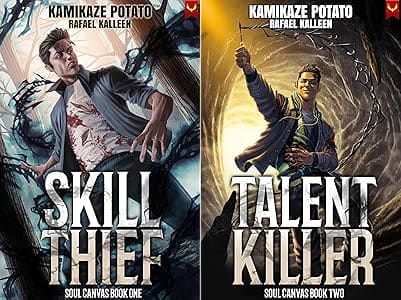
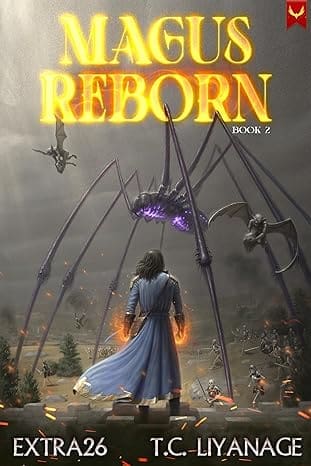
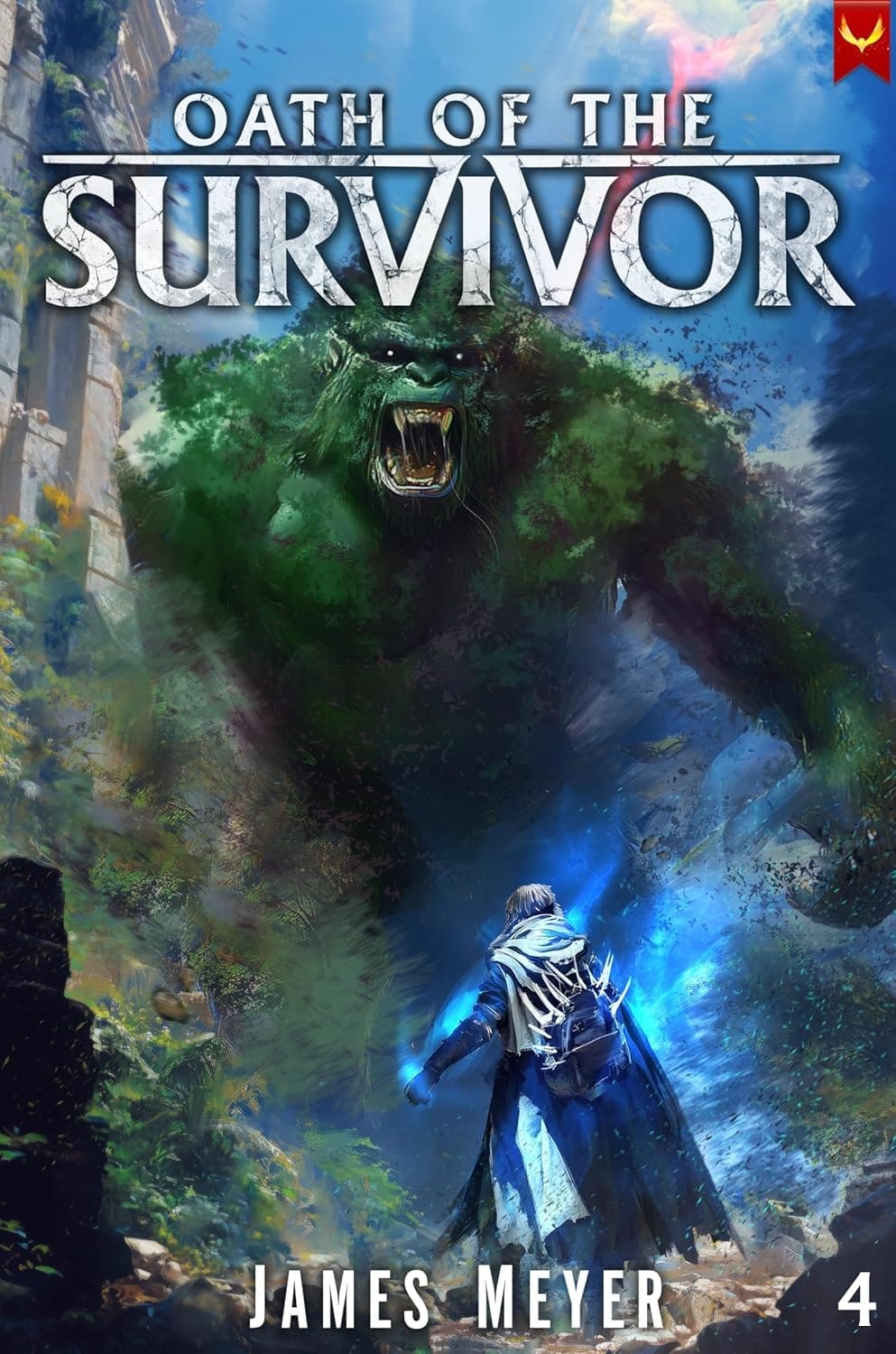
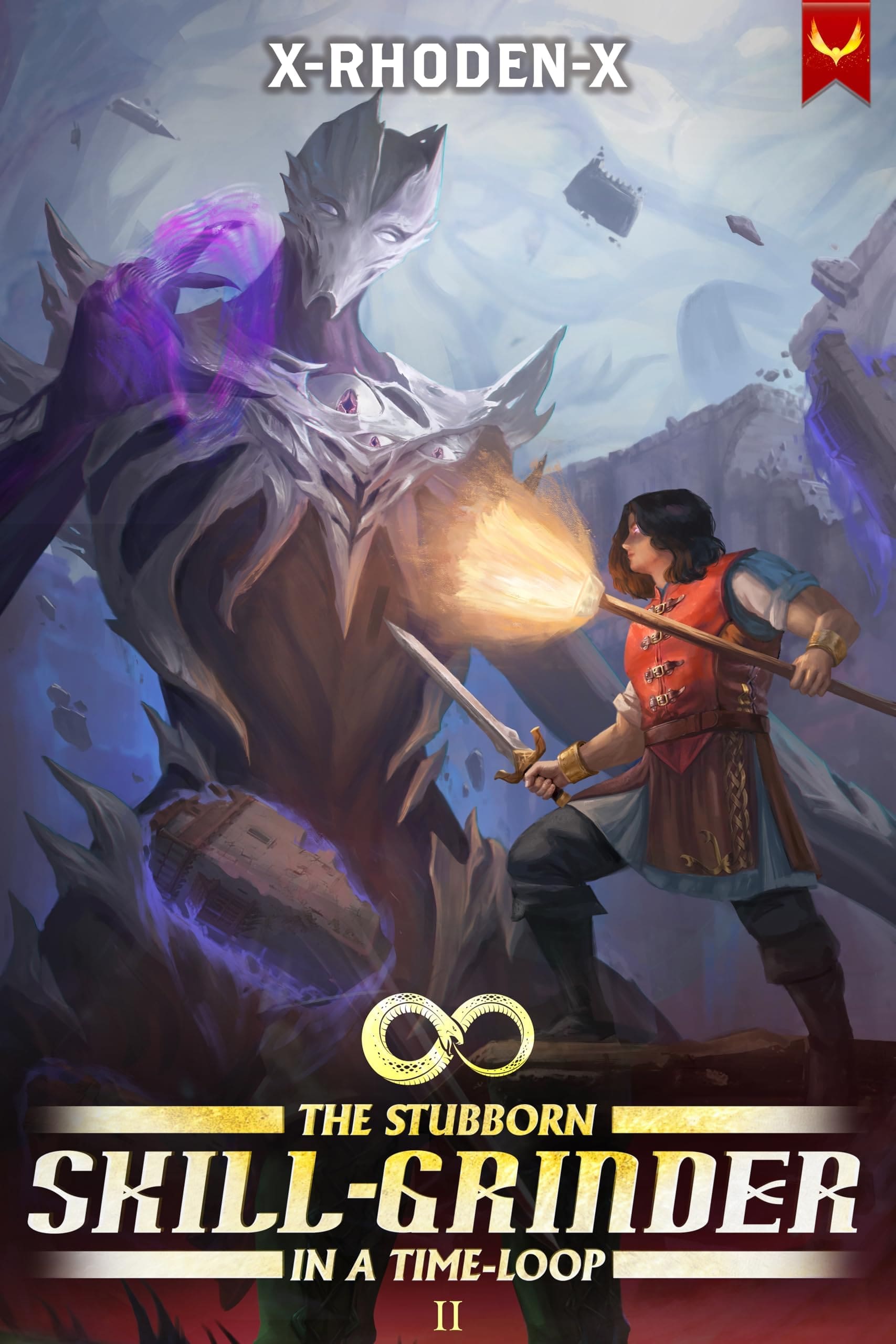
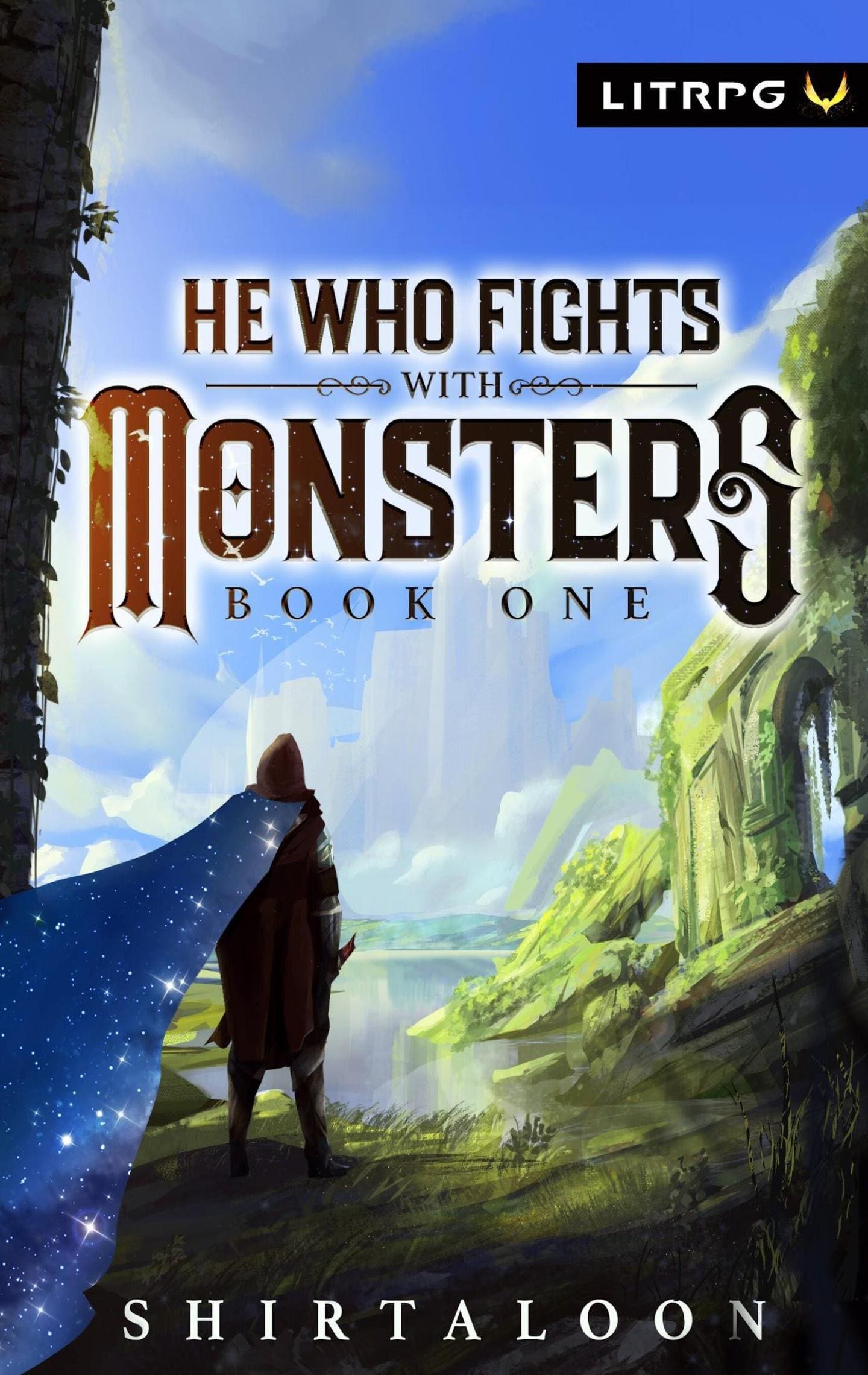
Leave a Reply